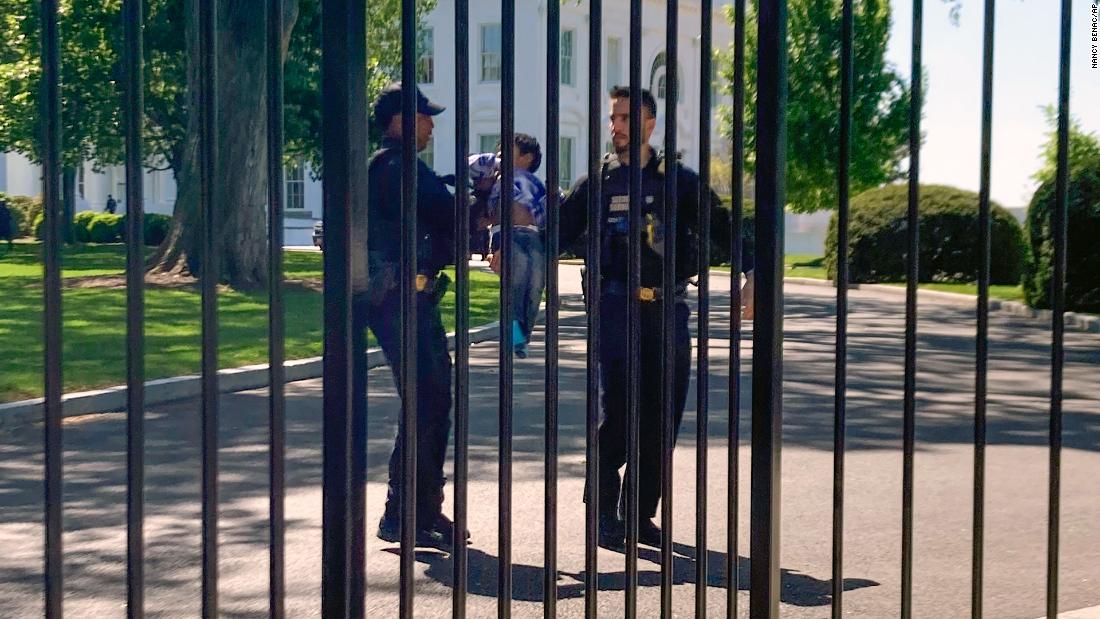THERE is an old saying in British politics that “no government can bind the hands of its successor” – meaning that Parliament can always vote to undo unpopular laws.
But whoever came up with the phrase hadn’t reckoned with Keir Starmer and his “reset” of relations with the EU.
The ‘surrender summit’ agreement means the UK will be a rule-taker with no say on EU rules
Sir Keir Starmer is once again opening our doors to low-paid migrants through his agreement to a youth mobility schemeReuters
The Prime Minister has not just surrendered to the EU on many of its demands — he has planted a large bomb beneath our democracy.
Should a future government try to cancel his deal to grant EU fishing boats access to our waters, it will trigger a clause whereby the EU is allowed to levy punitive tariffs on all UK exports, effectively cancelling the free-trade deal negotiated by Boris Johnson.
It is a similar story with Starmer’s agreement to obey the EU’s diktats on Net Zero. Britain is now tied to the EU’s regime for carbon taxes.
Ed Miliband may be a menace who is costing our households and industries a fortune, but at least we can get rid of him through the ballot box.
Not so the European Court of Justice — the EU’s own court — which will now be allowed to dictate UK climate policy.
‘Reopened old wounds’
Indeed, many government ministers have been reduced to an irrelevance.
Thanks to Starmer’s deal, Britain will once again be obliged to follow laws on food standards laid down by Brussels, under so-called “dynamic alignment” with EU rules.
The only difference compared with our years of EU membership is that we will no longer have a say in what those laws should be.
It may mean the end, for example, of the few freedoms which Britain has chosen to exercise.
The UK’s embryonic industry of gene-edited crops — which promises an agricultural revolution, allowing higher yields and less use of pesticides — is now at risk of being squashed by heavy-handed EU regulation.
And then, of course, there is free movement.
If there is one issue above all others which motivated a majority of Britons to vote Leave in 2016, it was the opportunity to control our borders — not to eliminate migration, but to ensure those who come to Britain are contributing to the economy rather than feeding off it.
True, no government of the past five years has succeeded in trimming net migration, but now Starmer is once again opening our doors to low-paid migrants, through his agreement to a youth mobility scheme.
And what has he won us in return?
The promise of shorter queues at passport control when we holiday in EU countries — one of his main selling points for the deal — is an illusion.
All that the agreement does is state that it will not be against EU laws for individual countries to allow UK citizens to use e-gates at ports and airports.
Whether those countries choose to allow British travellers to do this will be up to them.
Starmer wants us to think that his deal will draw a line under the UK’s relationship with the EU.
The years of “stale debate”, he tells us, are over.
Sorry, but what he has achieved is the exact opposite.
Few, if anyone, outside the Government are going to be pleased by Starmer’s reset.
Ross Clark
He has reopened old wounds by revisiting the long, painful years of Brexit negotiations.
What he should be doing is seizing full advantage of the UK’s new found freedoms to make us more growth-friendly, escaping from the EU’s low trajectory.
Instead, he has turned Britain into the “vassal state” which many people feared — where we have to accept the rules the EU throws at us without having a seat at the table.
Few, if anyone, outside the Government are going to be pleased by Starmer’s reset.
For ardent Remainers, it won’t have gone far enough.
They will see it as a stepping stone towards their ultimate aim of rejoining the EU as a full member.
Those who voted Leave, on the other hand, will feel horribly cheated.
The 2016 referendum was partly a popular revolt against the political classes who, for too long, had tried to ride roughshod over democratic opinion.
‘Contempt for democracy’
Britain was taken into the EU without a referendum, an essential act of legitimising significant constitutional changes.
We only had the referendum in 1975, two years after Edward Heath had taken us in as a fait accompli.
For the following 40 years we were never allowed to vote as the EU, treaty by treaty, gradually tightened its grip on Britain, expanding its reach into every aspect of our lives.
In 2016, the political establishment couldn’t believe what had happened, and they have been plotting ever since to undo the Brexit vote.
In Starmer they have found a willing co-conspirator.
But in no sense does this week’s agreement settle Brexit for good.
On the contrary, it merely ensures that at the next election there will be another revolt against the lanyard-wearing elite who show such contempt for democracy.
However much Starmer has tried to make his reset irreversible, Brexit is going to come roaring back as a topic of political debate.
Published: [#item_custom_pubDate]














































































































